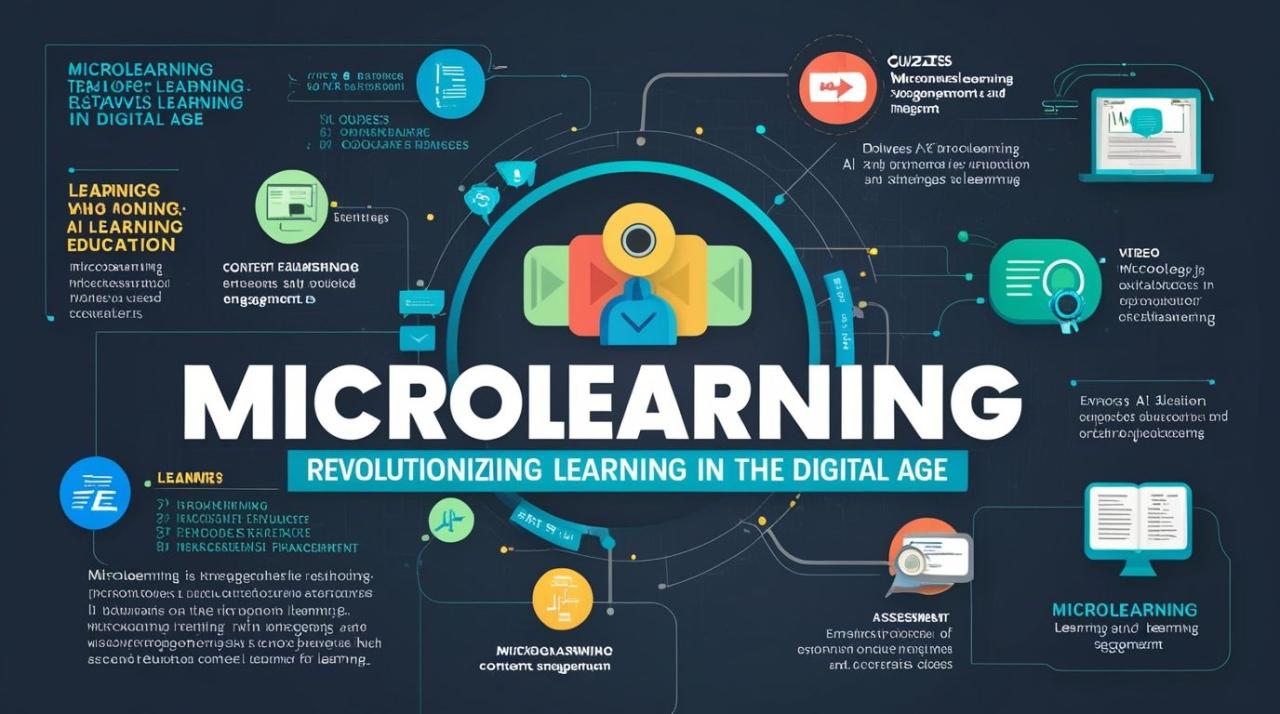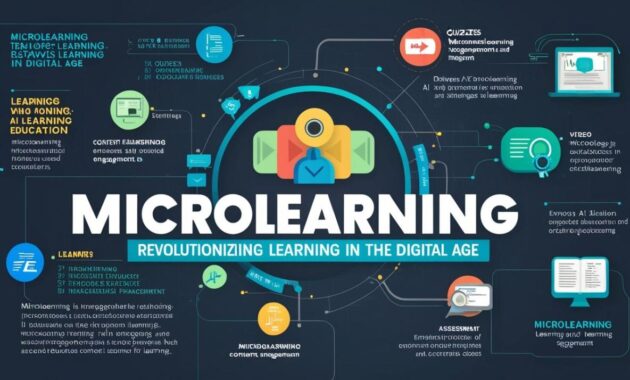Best Apps for Learning Essay Writing offer a gateway for students and aspiring writers to enhance their skills in a structured and engaging manner. As the demand for proficient writing continues to grow in academic and professional settings, utilizing technological tools can significantly streamline the learning process. These applications not only provide resources and guidance but also foster creativity and critical thinking, making essay writing an accessible and enjoyable task.
From interactive tutorials to feedback mechanisms, the best apps available today are designed to cater to various learning styles, ensuring that users can grasp the nuances of effective essay writing. Whether you are a high school student preparing for college or a professional looking to refine your writing skills, these tools can help you sharpen your abilities and express your ideas with clarity.

In recent decades, the global landscape has undergone profound transformations, driven by various factors including technological advancements, economic shifts, and socio-political changes. This article seeks to explore these transformations, specifically focusing on the interconnectedness of globalization, climate change, and technological innovation. Each of these elements plays a critical role in shaping modern society, influencing everything from individual lifestyles to global governance.Globalization can be defined as the process by which businesses or other organizations develop international influence or start operating on an international scale.
This phenomenon has accelerated in recent years, facilitated by advancements in communication and transportation technologies. The implications of globalization are vast, affecting cultural exchange, trade, and even political relations among nations.One of the most significant aspects of globalization is its impact on economic structures. Trade agreements and international partnerships have led to increased economic interdependence among countries. For instance, the North American Free Trade Agreement (NAFTA), which came into effect in 1994, created a trilateral trade bloc between the United States, Canada, and Mexico.
This agreement not only boosted trade flows but also sparked debates about labor practices and environmental protections, highlighting the complexity of globalization’s benefits and drawbacks.Moreover, globalization has fostered cultural exchanges, leading to a blending of traditions, ideas, and lifestyles. While this can enrich societies, it can also lead to cultural homogenization, where local customs and identities are overshadowed by dominant global cultures.
This tension raises questions about cultural preservation in an increasingly interconnected world.In parallel with globalization, climate change has emerged as one of the most pressing challenges facing humanity. The scientific consensus underscores the urgency of addressing climate change, which is driven by the accumulation of greenhouse gases in the atmosphere due to industrial activities, deforestation, and other human actions. The consequences of climate change are already being felt across the globe, manifesting as extreme weather events, sea-level rise, and biodiversity loss.The intersection of globalization and climate change is particularly noteworthy.
Economic activities that drive globalization often contribute to environmental degradation. For instance, the expansion of industrial agriculture and the global supply chain has led to significant environmental impacts, including deforestation and increased carbon emissions. This creates a paradox where the benefits of globalization may come at a high environmental cost.Addressing climate change requires international cooperation, as it is a global issue that transcends national borders.
The Paris Agreement, adopted in 2015, represents a landmark effort to unite countries in the fight against climate change. Signatory nations have committed to limiting global warming to well below 2 degrees Celsius above pre-industrial levels, with aspirations to limit the temperature increase to 1.5 degrees Celsius. However, the effectiveness of such agreements relies on the political will and commitment of individual countries, which can be influenced by their economic priorities and globalization pressures.Furthermore, technological innovation is a critical component of both globalization and climate change mitigation.
The rapid advancement of technology has transformed how we communicate, work, and solve problems. Innovations such as renewable energy technologies, electric vehicles, and energy-efficient practices are crucial in reducing greenhouse gas emissions and combating climate change.For example, the development of solar and wind energy has made it possible to generate electricity without the harmful emissions associated with fossil fuels. Likewise, advancements in battery technologies are enhancing the viability of electric vehicles, which are becoming increasingly popular as a cleaner alternative to traditional combustion-engine vehicles.
Such innovations not only contribute to environmental sustainability but also create economic opportunities in the growing green economy.However, the benefits of technological advancements are not evenly distributed. The digital divide, which refers to the gap between those who have access to modern information and communication technology and those who do not, poses significant challenges. In many parts of the world, individuals and communities remain excluded from the digital economy, which can exacerbate existing inequalities.
Bridging this divide is essential to ensure that everyone can benefit from the opportunities presented by technological advancements.Furthermore, there are ethical considerations surrounding technological innovation, particularly in areas such as artificial intelligence (AI) and biotechnology. While these fields hold immense potential for improving quality of life, they also raise concerns about privacy, security, and the implications of automation on employment.
As societies navigate the complexities of these technologies, it is crucial to engage in discussions about ethical standards and regulatory frameworks that prioritize human well-being.In summary, the interplay between globalization, climate change, and technological innovation shapes the modern world in profound ways. While globalization fosters economic interdependence and cultural exchange, it also presents challenges related to environmental sustainability and cultural preservation.
Climate change remains one of the foremost threats to global stability, necessitating collaborative efforts to mitigate its impacts. Concurrently, technological innovation provides powerful tools for addressing these challenges but must be harnessed in a manner that promotes equity and ethical standards.As we move forward, it is imperative for individuals, communities, and nations to engage in constructive dialogue and take collective action.
The path to a sustainable and equitable future requires a holistic understanding of the interconnected nature of these global challenges. By fostering collaboration, sharing knowledge, and prioritizing ethical considerations, we can navigate the complexities of our world and work towards a more resilient and inclusive society.








